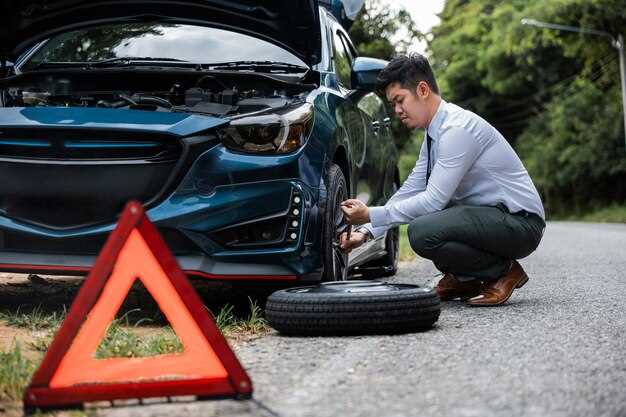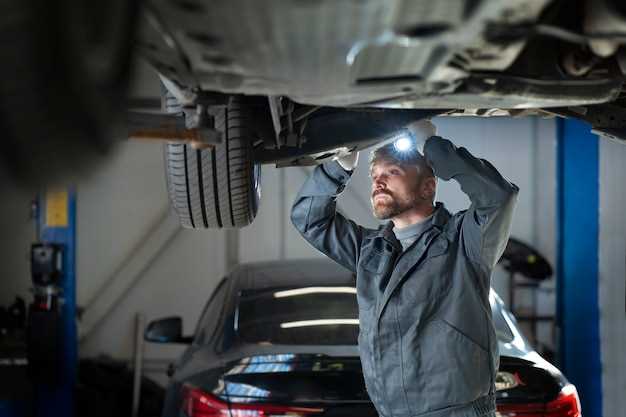
The brakes are one of the most critical components of your vehicle, ensuring your safety on the road. When brake issues arise, they can pose serious risks, not only to you but to other drivers as well. Recognizing the warning signs that indicate your brakes need urgent attention is essential for maintaining your car’s performance and your overall safety.
Common brake problems often manifest through distinct symptoms. Listening for unusual noises, noticing changes in how your car brakes, or feeling vibrations in the steering wheel can all be indicators that a repair is necessary. Addressing these issues promptly can save you from more extensive damage and costly repairs, as well as ensuring your vehicle operates safely.
Being proactive about brake maintenance can make a significant difference in your driving experience. If you notice any of these alarming signs, it’s crucial to have your brakes inspected immediately. Waiting too long could not only compromise your safety but also lead to more serious and expensive repairs down the line. Stay informed, vigilant, and prioritize your brake system’s health for a safer driving experience.
Identifying Unusual Noises from Your Brakes

Unusual noises from your brakes can serve as an important warning sign that your vehicle requires immediate attention. Listening closely to these sounds can help you identify potential issues before they escalate into more severe problems.
One common noise is a high-pitched squealing or screeching. This sound often indicates that the brake pads are worn down and need replacement. When the pad material becomes thin, a metal indicator can make contact with the rotor, creating a warning sound. Ignoring this can lead to further damage and costly repair needs.
Another noise to be aware of is a grinding sound, which occurs when the brake pads have completely worn down, and the metal backing plate is dragging against the rotor. This noise not only signifies a need for urgent repair but can also result in rotor damage, requiring more extensive work.
A clunking or rattling noise may suggest that components in the brake assembly are loose or damaged. These irregularities can compromise the effectiveness of your braking system, making immediate inspection crucial.
Finally, a hissing sound could indicate that brake fluid is leaking, resulting in reduced hydraulic pressure. This is a serious issue that requires prompt repair to ensure safe driving conditions.
If you hear any of these unusual noises, do not delay in seeking a professional inspection. Timely action can prevent further damage and ensure the reliability of your braking system.
Recognizing Warning Lights on Your Dashboard
Your vehicle’s dashboard is equipped with various warning lights designed to alert you to potential issues requiring immediate attention. Among these, the brake warning light is particularly important. When illuminated, it typically indicates that your braking system is not functioning as it should, and it should never be ignored.
Understanding the specific meaning of each warning light can help you determine whether your car needs a brake inspection or repair. The brake warning light may indicate low brake fluid levels, worn brake pads, or issues with the brake system’s overall functionality. In some vehicles, this light may also activate when the parking brake is engaged.
Another critical warning light to pay attention to is the ABS (Anti-lock Braking System) light. If this light comes on, it suggests that there is a problem with the ABS, which aids in maintaining control during hard braking. A malfunctioning ABS can compromise your safety on the road, making prompt inspection essential.
Sometimes, a yellow or amber warning light may represent less urgent issues but still requires attention. However, red warning lights, especially those related to the brake system, typically signify a more serious problem. If you notice any red warning lights, it is crucial to address them immediately, as they can indicate that further damage or a complete brake failure may occur if left unchecked.
Regularly checking your dashboard for warning lights can help ensure your vehicle remains safe to drive. Always consult your owner’s manual for specific details about your car’s warning lights and take immediate action if any brake-related warnings appear. Ignoring these signals can lead to costly repairs and put your safety at risk.
Understanding Changes in Brake Performance

Abnormal changes in brake performance can signal the need for immediate inspection and potential repair. One of the most noticeable signs is a decrease in responsiveness when pressing the brake pedal. If you notice that it takes longer for your car to slow down, this could indicate worn brake pads or low brake fluid levels.
Another indicator is unusual noises during braking. Squeaking, grinding, or rattling sounds can suggest that the brake components are damaged or need replacement. These noises often arise from metal-on-metal contact due to worn pads or defective rotors.
Additionally, a pulling sensation when braking can signal uneven brake wear or a malfunctioning brake caliper. This not only affects performance but can also lead to further complications if left unchecked.
Vibrations in the brake pedal or steering wheel while braking often indicate warped rotors. This condition affects the vehicle’s braking efficiency and requires immediate attention to prevent more extensive damage.
Lastly, the brake warning light on your dashboard is a critical sign that should not be ignored. It often indicates a need for maintenance, whether due to low fluid levels, worn components, or other issues. Regularly monitoring these signs can help ensure your vehicle remains safe and functional.



